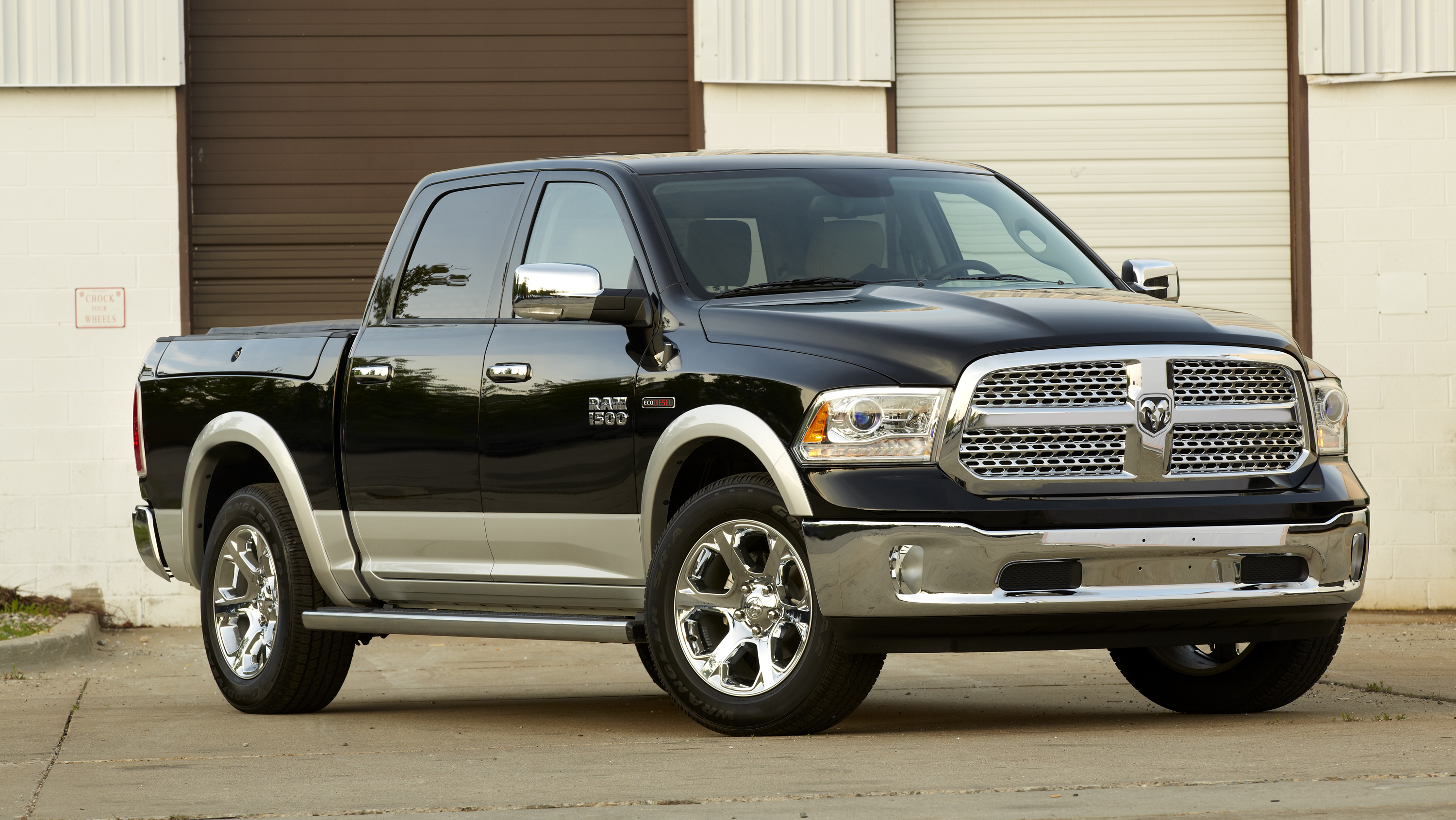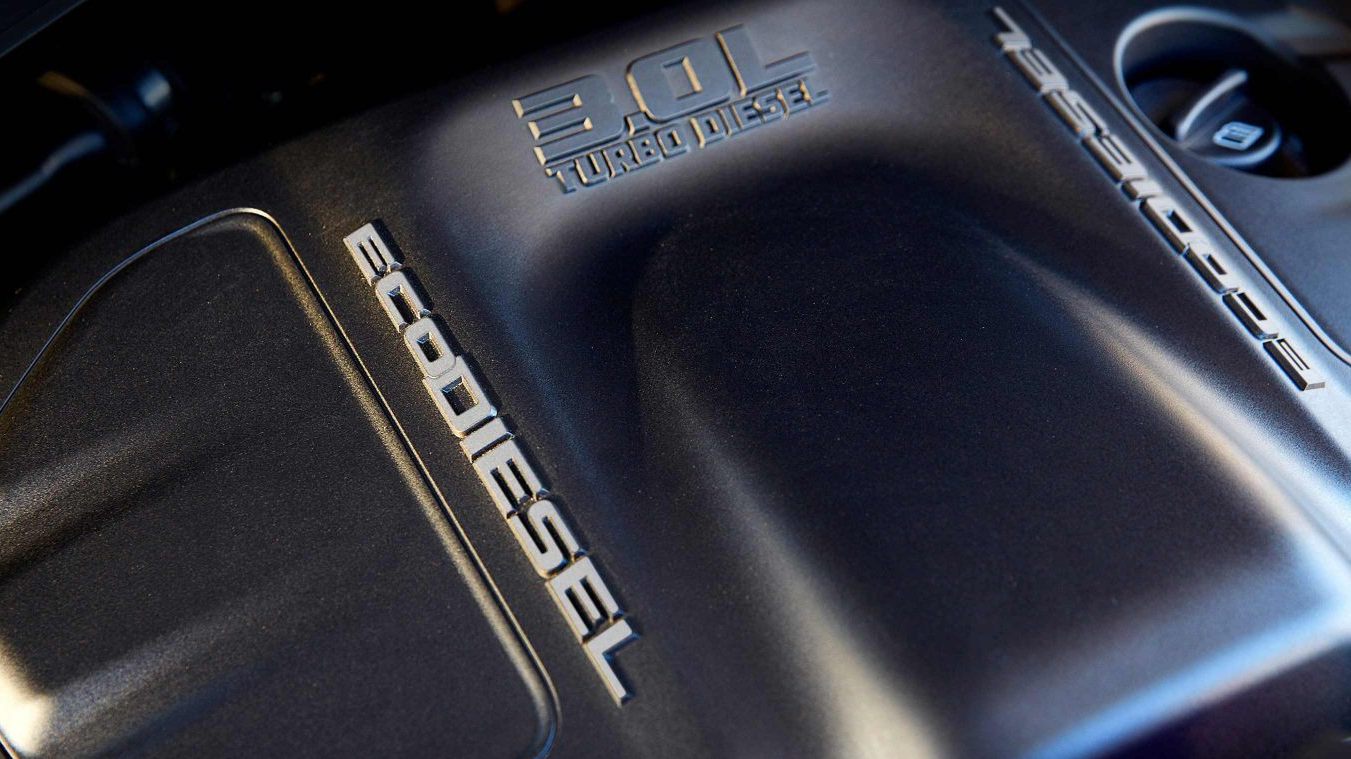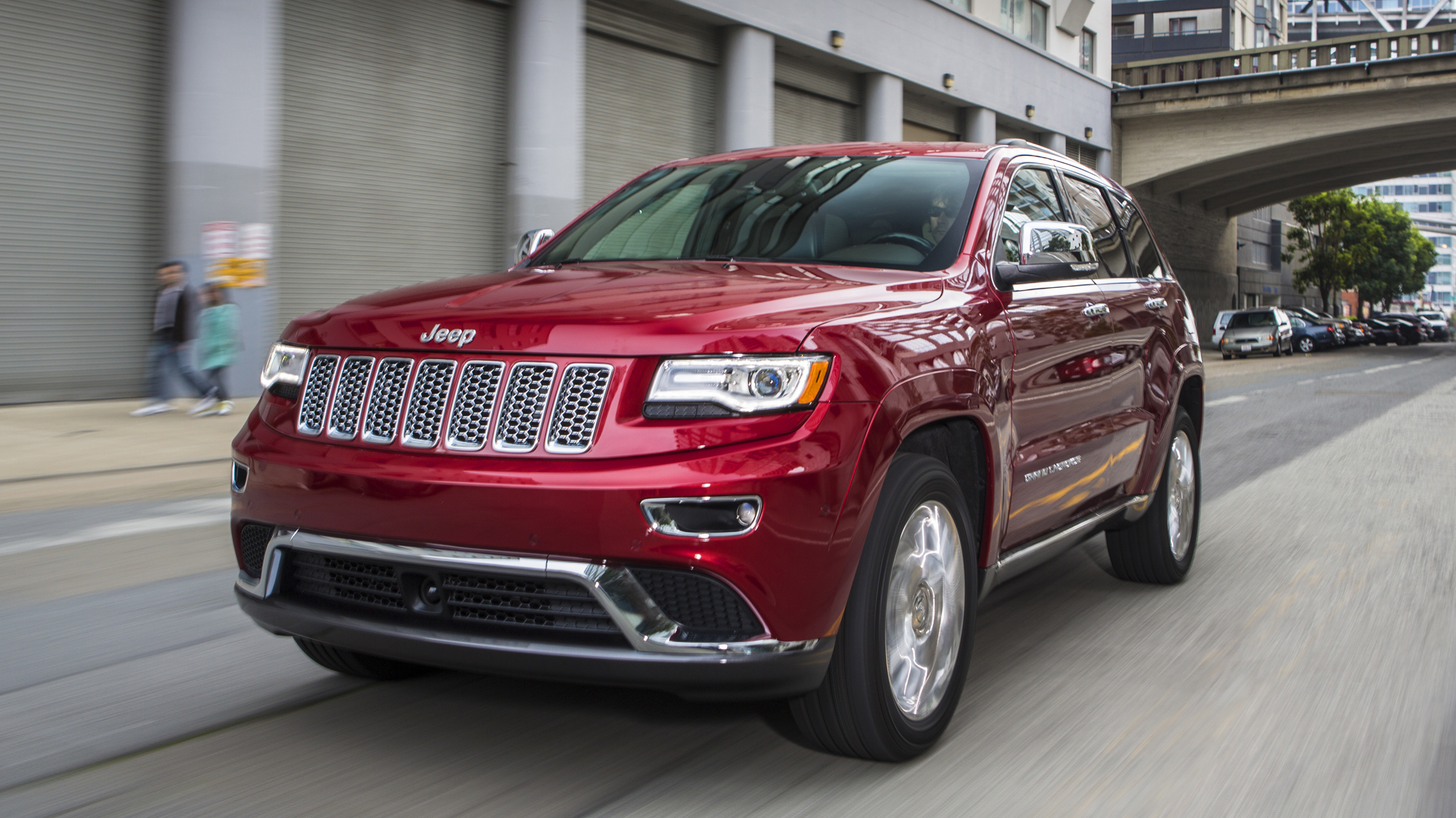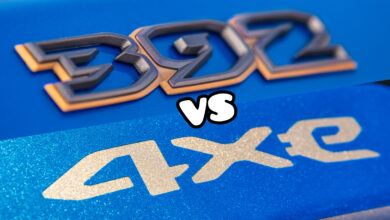FCA US, LLC Sentenced To Pay $300 Million & 3-Years Probation In EcoDiesel Scandal!
A Fine Of $96.1 Million & The Forfeiture Of $203.6 Million In Gains...

After Stellantis (FCA US, LLC) reached an agreement that resolved the U.S. Department of Justice (DOJ) criminal investigation involving approximately 101,482 vehicles from the 2014 to 2016 model years equipped with the second-generation 3.0-liter EcoDiesel V6 engine in June, the automaker was placed on probation for 3 years and ordered to pay $300 million for deceiving regulators about its diesel emissions for the Ram 1500 (DS) and the Jeep® Grand Cherokee (WK2).
The settlement for the emissions penalty included a $203.6 million forfeiture from the models sold on which it had cheated on the tests and an additional penalty of more than $96.1 million. The automaker said it had accrued approximately $301 million to cover the settlement of the charge of one count of conspiracy to defraud the U.S. in violation of the Clean Air Act and to commit wire fraud. According to the statute, the maximum penalty is $500,000 or two times the gross gain or loss from the offense.
In an indictment unsealed on April 20th, 2021, the DOJ alleged that three FCA engineers (Emanuele Palma, Sergio Pasini, and Gianluca Sabbioni) “played a determining role in developing a defeat device” that allowed the second-generation 3.0-liter EcoDiesel V6 to produce lower NOx emissions during testing, but higher emissions on the road.
Palma, a Diesel Emissions and Driveability Senior Manager for FCA, was charged in September of 2019. He was charged with conspiring to commit wire fraud, Clean Air Act violations, defrauding the U.S., and making false statements about the company’s EcoDiesel engines. In 2020, a U.S. District Court judge dismissed most of the wire-fraud counts. Pasini and Sabbioni, also Senior Diesel Managers for Stellantis-owned VM Motori (the Italian supplier of the EcoDiesel engines), were charged with conspiracy to defraud the U.S., committing wire fraud, and several counts of Clean Air Act violations, according to Automotive News and Reuters.
With federal emissions standards becoming more stringent, automakers like Stellantis are facing even more pressure of reducing emissions by internal combustion engines (ICEs). It has pushed for a transition to electrified vehicles, or zero-emission vehicles despite a large portion of the public not wanting to make the jump to electrification.
In the first half of 2022, Stellantis paid $678 million in penalties following an adjustment to Corporate Average Fuel Economy regulations earlier this year.














